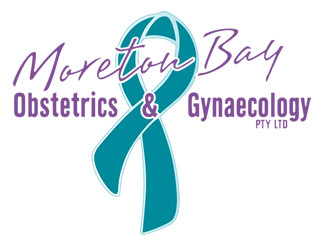You may experience some nausea, dizziness and sleepiness for several hours after an operation that was performed under general anaesthesia.
Before you leave the hospital, it is important that you are able to eat, drink and move comfortably. If you have any pain or discomfort, it should be manageable with oral medications. Please let your nurse know if you are not comfortable, before going home.
Some of the medications in your anaesthetic take some time to completely leave your system, so for 24hrs following anaesthesia you should not:
- Drive or operate machinery –your ability to make rapid decisions could be impaired
- Use appliances or tools that could harm you if used incorrectly (eg. Garden hedge trimmers and mulchers)
- Make or sign important documents such as large sales, purchases, or legal documents – There is a risk that you could make decisions you would not normally have made.
- Exercise – you may be dehydrated and have impaired temperature regulation.
- Drink alcohol or other unprescribed medications or drugs – these can interact with the anaesthetics.
- Travel unaccompanied on public transport – you are vulnerable if you fall asleep.
- Return to work – your concentration and decision making may be impaired.
You must also have a responsible adult with you or immediately available in case you develop problems. It is important that you are resting and not having to look after other people.
You need to contact us as soon as it is practical if you are experiencing:
- Heavy bleeding, or bleeding that you believe is excessive
- Increasing pain
- Temperatures, fevers or chills
- Increase in swelling at any of the incision sites
- Any other concerns that you feel are not what you were expecting or told about.


